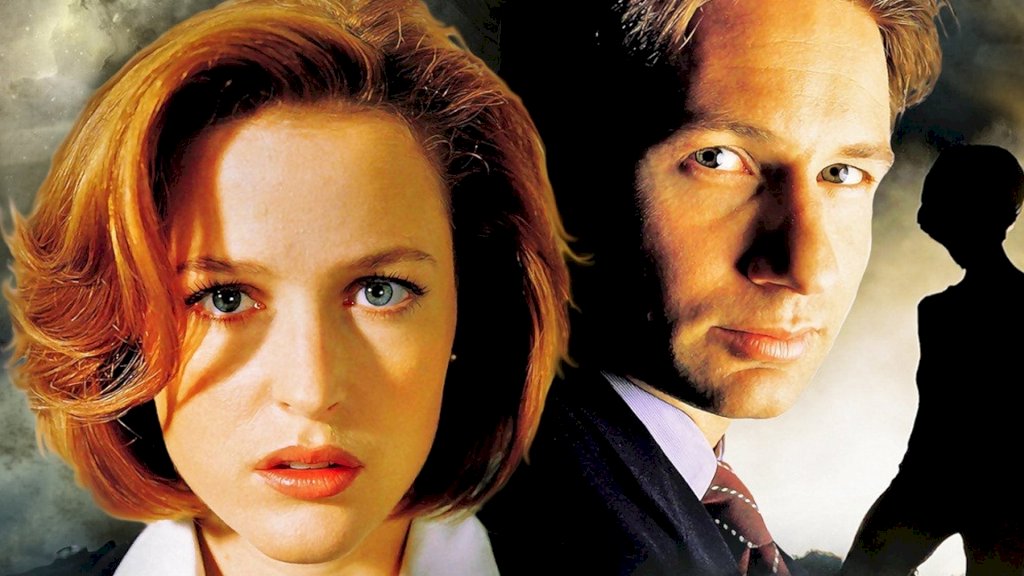
"Ben-Hur," directed by William Wyler and released in 1959, is a monumental epic film set in ancient Rome.
Based on the novel by Lew Wallace, the movie captures the grandeur of the Roman Empire and tells a compelling story of struggle, revenge, and redemption.
With its awe-inspiring chariot race sequence and powerful performances, "Ben-Hur" stands as a timeless classic in the history of cinema.

Set in the 1st century AD, "Ben-Hur" follows the journey of Judah Ben-Hur, a Jewish prince, and his tragic fate.
Falsely accused of treason by his childhood friend Messala, Judah is condemned to a life of slavery, separated from his family.
The film portrays his arduous path toward freedom and his ultimate encounter with Jesus Christ, which transforms his life.

Spectacular Cinematic Achievements
"Ben-Hur" (1959) achieved remarkable cinematic achievements through its epic scale, innovative techniques, and meticulous attention to detail. The film's production design, with its intricate sets and costumes, transported viewers to the world of ancient Rome.
Technological advancements, such as the use of Cinemascope and vibrant Technicolor cinematography, enhanced the visual impact and immersiveness. The iconic chariot race sequence, meticulously planned and executed, captivated audiences with its dynamic camerawork and realistic special effects.

Gripping battle and action sequences, combined with practical effects and skillful editing, added to the film's realism and intensity. The sweeping orchestral score by Miklós Rózsa complemented the grandeur of the narrative.
"Ben-Hur" continues to inspire filmmakers today, as its grand scale, technical innovations, and attention to detail solidify its status as a cinematic masterpiece that immerses audiences in a world of spectacle.
Themes of Betrayal and Redemption.
At its core, "Ben-Hur" explores themes of betrayal, forgiveness, and redemption.
The friendship-turned-enmity between Judah and Messala serves as a driving force throughout the film, highlighting the consequences of betrayal and the power of forgiveness.
Judah's journey towards redemption, culminating in his encounter with Jesus, provides a powerful message of hope and transformation.
Memorable Performances
Charlton Heston's portrayal of Judah Ben-Hur stands as one of the most iconic roles in his career.
Heston's charismatic presence and emotional depth bring the character to life, capturing the audience's empathy and admiration.
The film also features noteworthy performances by Stephen Boyd as the ambitious and vengeful Messala and Jack Hawkins as Quintus Arrius, a pivotal character who aids Judah on his journey.
Cultural Impact and Critical Reception
"Ben-Hur" (1959) left an indelible mark on both the film industry and popular culture. The film's epic scale and meticulous attention to detail made it a cultural phenomenon.
The spectacular visual effects and the iconic chariot race sequence set new standards for cinematic spectacle. "Ben-Hur" received numerous accolades, including 11 Academy Awards, solidifying its place in cinematic history.
The enduring popularity of "Ben-Hur" can be attributed to its universal themes of resilience, redemption, and faith.
Charlton Heston's powerful performance as Judah Ben-Hur was widely praised for its emotional depth and transformation. The technical achievements, especially the innovative camerawork and visual effects, garnered acclaim for their groundbreaking nature.
The film's exploration of religious themes, particularly its connection to Jesus Christ, generated both praise and controversy. Critics lauded its portrayal of faith, forgiveness, and the power of redemption, while some questioned its religious interpretation and historical accuracy.
"Ben-Hur" (1959) is a monumental cinematic achievement that transcends time and remains an enduring classic.
With its epic storytelling, technical achievements, and powerful performances, the film has left an indelible mark on the history of cinema.
Its exploration of themes such as betrayal, redemption, and the triumph of the human spirit ensures its place as a cultural milestone and a must-watch for film enthusiasts.


